Education Acronyms
As we delve into the world of education acronyms, it’s essential to navigate through the sea of abbreviations that can sometimes feel overwhelming. Whether you’re a seasoned educator or someone new to the field, understanding these acronyms is crucial for effective communication and collaboration within the educational community.
From IEP (Individualized Education Program) to STEM (Science, Technology, Engineering, and Mathematics), education is filled with acronyms that serve as shorthand for complex concepts and programs. While some acronyms are widely known and used, others may be more specialized or region-specific. Grasping the meaning behind these abbreviations can help professionals in the education sector stay informed and up-to-date on industry trends and practices.
In this article, I’ll break down some common education acronyms, shedding light on their significance and relevance in today’s learning environment. By unraveling the alphabet soup of terms frequently encountered in educational settings, we can demystify jargon and empower individuals to communicate with clarity and precision when discussing various aspects of teaching and learning.
Understanding Education Acronyms
When immersing ourselves in the world of education, we often encounter a myriad of ACRONYMS that can initially seem like an alphabet soup. From IEPs to STEM, these abbreviations play a significant role in shaping educational policies, programs, and initiatives.

To navigate this sea of acronyms effectively, it’s crucial to grasp their meanings and implications. Understanding these shorthand terms not only enhances communication within the education sector but also empowers stakeholders to make informed decisions regarding learning strategies and interventions.
Educators, parents, and policymakers must familiarize themselves with key EDUCATION ACRONYMS such as ESL (English as a Second Language), AP (Advanced Placement), and IDEA (Individuals with Disabilities Education Act). By recognizing these acronyms’ significance, individuals can engage more meaningfully in discussions surrounding curriculum development, student support services, and academic standards.
Moreover, being well-versed in education acronyms allows professionals to streamline conversations about complex topics like RTI (Response to Intervention) or ESSA (Every Student Succeeds Act). This knowledge promotes efficiency in addressing students’ diverse needs while aligning instructional practices with overarching educational objectives.
In essence, comprehending education acronyms is akin to speaking the language of learning. Armed with this linguistic toolkit, educators and advocates can collaborate more effectively towards fostering inclusive environments where every learner has the opportunity to thrive academically and personally.
Must-Know Education Acronyms for Parents
When diving into the world of education, parents often encounter a multitude of acronyms that can be overwhelming. Understanding these acronyms is crucial for effective communication with teachers and school administrators. Here are some MUST-KNOW education acronyms every parent should familiarize themselves with:
Individualized Education Plan (IEP)
- Definition: A personalized plan developed for students with special needs to ensure they receive appropriate support and accommodations.
- Importance: Helps tailor education to meet the specific needs of a child, ensuring they reach their full potential.
Common Core State Standards (CCSS)
- Definition: Academic standards in mathematics and English language arts outlining what students should know at the end of each grade level.
- Importance: Provides a clear set of expectations for student learning across the United States, facilitating consistency in education.

Parent Teacher Association (PTA)
- Definition: An organization that brings together parents, teachers, and school staff to enhance children’s educational experience.
- Importance: Fosters collaboration between home and school, supporting various initiatives such as fundraising events and educational programs.
Free Application for Federal Student Aid (FAFSA)
- Definition: Form completed by college-bound students seeking financial assistance for higher education through grants, loans, and work-study programs.
- Importance: Critical for accessing federal financial aid resources to help offset the costs of post-secondary education.
As you navigate your child’s educational journey, understanding these key acronyms will empower you to actively participate in their academic success. By familiarizing yourself with these terms, you’ll be better equipped to engage with educators and advocate for your child’s learning needs effectively.
As I wrap up this exploration of education acronyms, it’s evident that these abbreviations play a crucial role in the education sector. They serve as shorthand for complex terms, enhancing communication efficiency among educators, policymakers, and stakeholders. Understanding these acronyms is essential for staying informed and engaged in conversations surrounding education.

